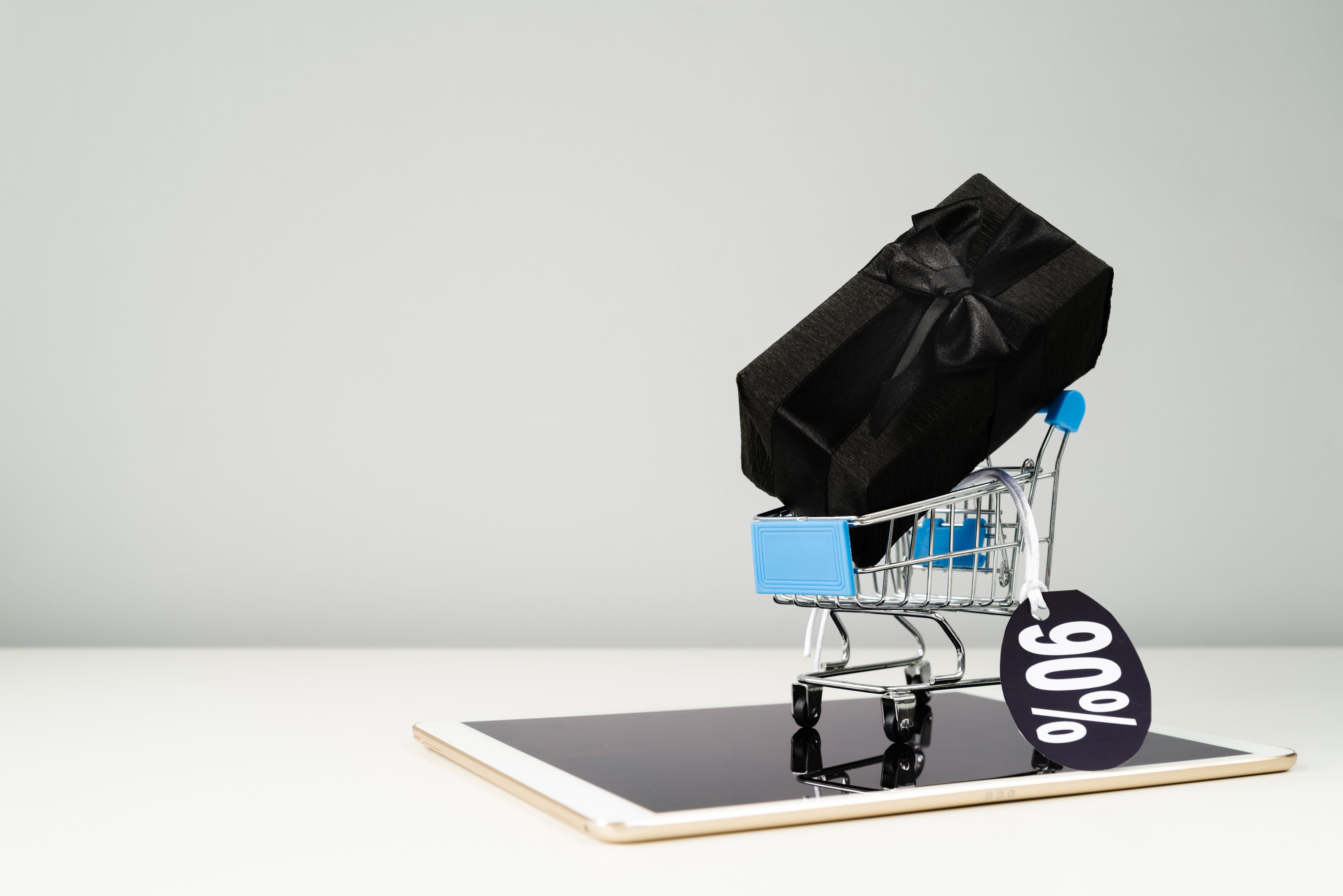Loyalty programs are a powerful tool for boosting guest retention and building long-term relationships with customers. In a competitive e-commerce landscape, it’s essential to go beyond one-time transactions and create strategies that keep your customers coming back. A well-designed loyalty program can increase repeat visits, enhance customer satisfaction, and even turn your shoppers into brand advocates.
Here’s a guide to creating an effective loyalty program for your e-commerce store that not only retains guests but also cultivates a loyal community.

1. Understand Your Customer Base
Before designing your loyalty program, it’s essential to understand the needs, preferences, and behaviors of your customers. Analyze past purchases, browsing history, and demographic information to identify trends. Are they price-sensitive? Do they value exclusive offers? Segmenting your audience based on these insights will allow you to tailor your loyalty rewards to what your customers truly value.
Tip: Use tools like customer surveys, analytics platforms, and buyer personas to gather and analyze this data.
2. Choose the Right Type of Loyalty Program
Not all loyalty programs are created equal, and the type you choose should align with your business goals and customer preferences. Here are some common types of loyalty programs to consider:
Point-Based Systems: Customers earn points for every purchase, which can be redeemed for discounts or free products. This works well for businesses where customers make frequent, smaller purchases.
Tiered Programs: Customers unlock different reward levels based on their spending. The more they spend, the higher the tier and the better the rewards. This encourages higher spend and brand engagement.
Subscription-Based Loyalty Programs: For a monthly or annual fee, customers can access exclusive benefits like free shipping, discounts, or early access to products. This model suits businesses with a loyal, recurring customer base.
Referral Programs: Encourage customers to refer friends in exchange for rewards. This can lead to both customer retention and new customer acquisition.
Tip: You can even combine different models to create a hybrid program that appeals to a broader audience.
3. Make Rewards Valuable and Attainable
One of the biggest mistakes brands make is offering rewards that feel out of reach or irrelevant to customers. Ensure that your loyalty program provides meaningful and attainable rewards that align with your customers’ interests.
Consider offering:
Discounts or coupons
Free shipping
Exclusive access to new products
VIP events or early product launches
Free products or samples
Tip: Make sure there’s a balance between smaller, easily attainable rewards and larger, more aspirational ones to keep customers engaged at every level.
4. Leverage Personalization
Personalization can greatly enhance your loyalty program’s effectiveness. Tailor the rewards based on individual customer behaviors, such as purchase history or preferred product categories. Personalized offers make customers feel valued and understood, increasing their likelihood of engaging with your brand.
Tip: Use your CRM or loyalty platform to track customer preferences and automate personalized offers.
5. Create a Seamless Experience Across Channels
Ensure your loyalty program integrates seamlessly across all customer touchpoints, whether they’re shopping on desktop, mobile, or in-store (if applicable). A frictionless experience will make it easy for guests to understand, join, and engage with your program.
Consider:
Clear program rules and FAQs
Easy point tracking and reward redemption
Mobile app integration
Reminders and notifications about points or rewards
Tip: Regularly promote your loyalty program through email, social media, and your website to keep customers engaged and informed.
6. Incorporate Gamification Elements
Gamification adds an element of fun and competition to your loyalty program, which can drive engagement. Consider creating challenges, quests, or milestones that reward customers for actions beyond just purchases, like writing product reviews, following your social media channels, or participating in community discussions.
Example: Offer bonus points for completing a product review or sharing their latest purchase on Instagram. These small actions can help build brand awareness and increase customer engagement.
Tip: Introduce seasonal or limited-time challenges to keep things fresh and exciting for your customers.
7. Analyze and Optimize Regularly
Your loyalty program should evolve alongside your business and customers’ needs. Regularly analyze your program’s performance to understand what’s working and where improvements can be made. Track metrics such as:
Retention rates
Average order value
Redemption rates
Customer lifetime value
Referral rates (if applicable)
Gather feedback from customers about their experiences with the program, and don’t hesitate to make adjustments based on the data.
Tip: A/B test different program features or rewards to see which options resonate most with your audience.
8. Reward More Than Just Purchases
To strengthen the emotional bond with your customers, reward them for more than just purchases. Show appreciation for actions that contribute to your community, such as engaging with your content, sharing referrals, or even celebrating birthdays or anniversaries with your brand.
Example: Offer bonus points or a small gift when a customer refers a friend, signs up for your newsletter, or reaches their one-year anniversary as a customer.
Tip: These non-purchase-based rewards can make your program feel more like a holistic brand experience rather than just a transactional system.
Final Thoughts
Creating an effective loyalty program is about fostering long-term relationships and delivering real value to your customers. By understanding their needs, personalizing the experience, and continuously optimizing your program, you can turn one-time buyers into loyal, lifelong brand advocates.
Investing time and effort into your loyalty program will not only improve guest retention but also help build a thriving community around your brand—one that keeps customers coming back for more.




